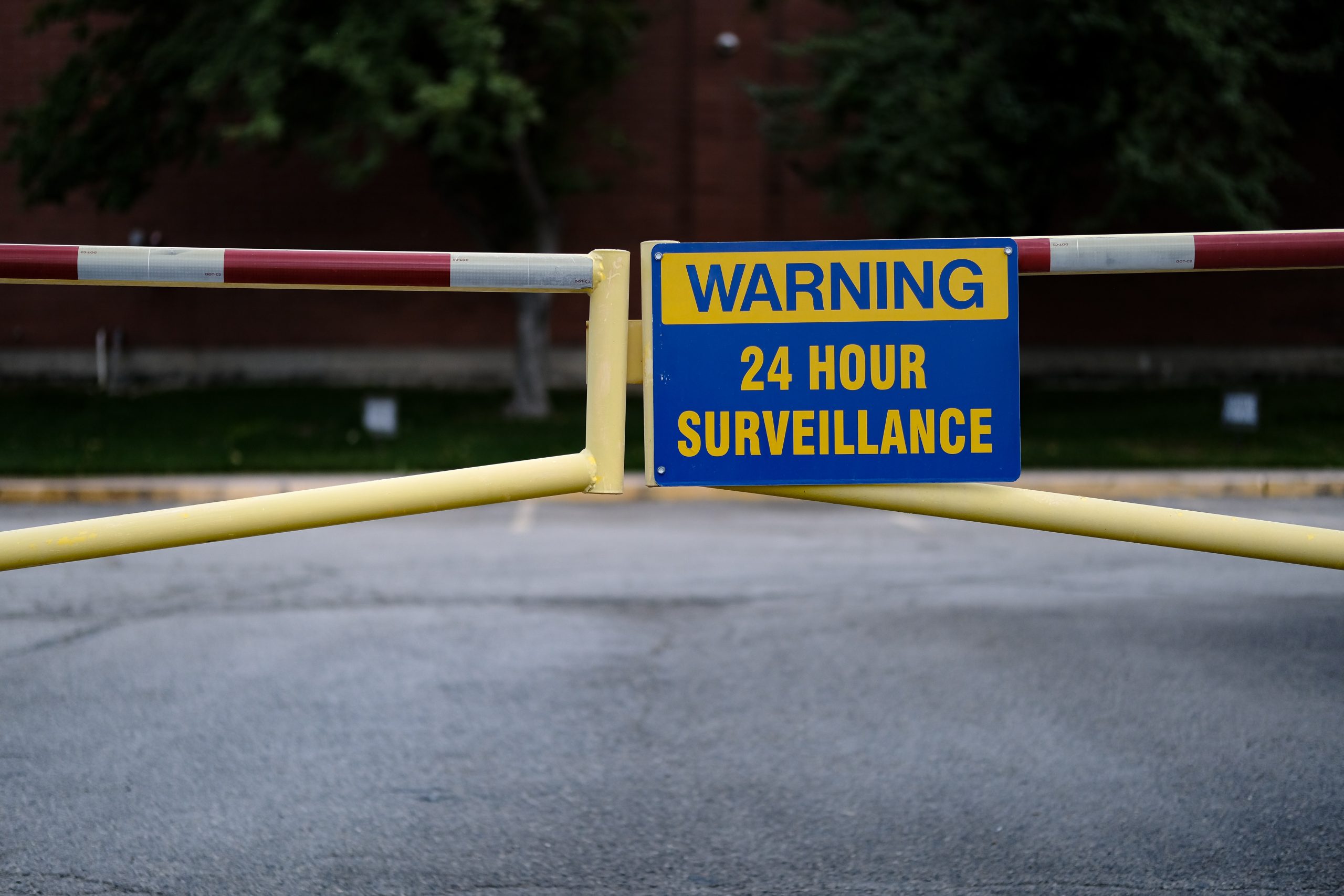New TUC polling reveals that the majority of workers say they have experienced surveillance in the past year. Left unchecked, the union body says that these technologies could lead to widespread discrimination, work intensification and unfair treatment.
The TUC says workplace surveillance tech took off during the pandemic as employers transferred to more remote forms of work. Surveillance can include monitoring of emails and files, webcams on work computers, tracking of when and how much a worker is typing, calls made and movements made by the worker (using CCTV and trackable devices).
Three in 10 (28 per cent) agree monitoring and surveillance at work has increased since Covid – and young workers are particularly likely to agree (36 per cent of 18–34-year-olds). In particular, more workers are reporting monitoring of staff devices (24 per cent to 20 per cent) and monitoring of phone calls (14 per cent to 11 per cent) compared to 2020.
The following sectors have the greatest proportion of workers reporting surveillance:
- financial services (74 per cent)
- wholesale and retail (73 per cent)
- utilities (73 per cent)
The union body warns of a huge lack of transparency over the use of AI at work, with many staff left in the dark over how surveillance tech is being used to make decisions that directly affect them. The use of automated decision making via AI includes selecting candidates for interview, day-to-day line management, performance ratings, shift allocation and deciding who is disciplined or made redundant. The TUC adds that AI-powered technologies are currently being used to analyse facial expressions, tone of voice and accents to assess candidates’ suitability for roles.
The EU is currently putting in place laws dealing specifically with the use of AI, whereas the UK does not have anything like this. There is significant and growing support among workers for stronger regulation of AI and tech-driven workplace surveillance: Eight in ten (82 per cent) now support a legal requirement to consult before introducing monitoring (compared to 75 per cent in 2020).
This provides summary information and comment on the subject areas covered. Where employment tribunal and appellate court cases are reported, the information does not set out all of the facts, the legal arguments presented and the judgments made in every aspect of the case. Employment law is subject to constant change either by statute or by interpretation by the courts. While every care has been taken in compiling this information, we cannot be held responsible for any errors or omissions. Specialist legal advice must be taken on any legal issues that may arise before embarking upon any formal course of action.







